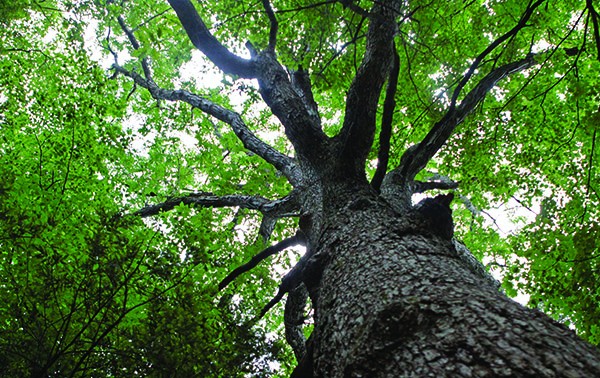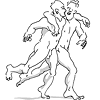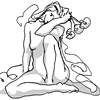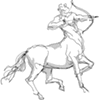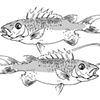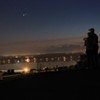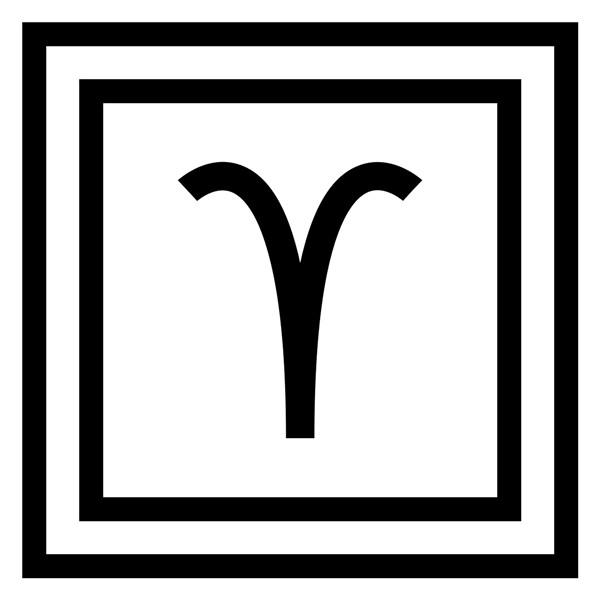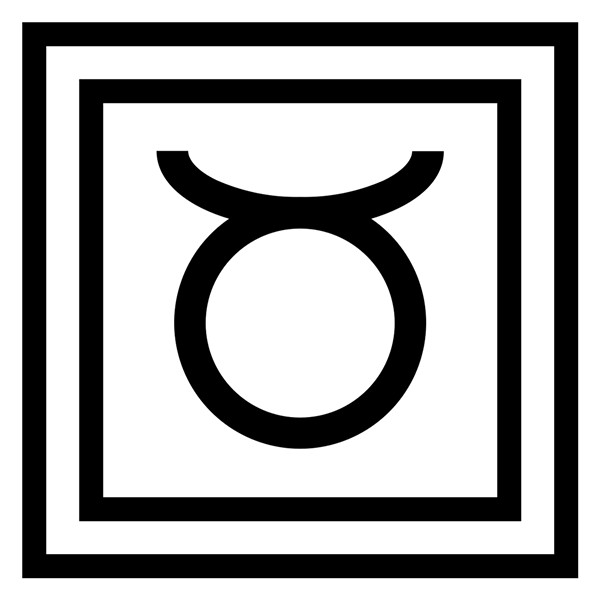On my short to-do list of book projects, I have a concept for one called Know When You Don't Know: A Guide to Investigative Reporting and Life.
I know that not everyone aspires to be an intrepid journalist. The little joke in there is that life is kind of like an investigative reporting project. We're repeatedly put in situations where we don't have full information, or where people are deceiving us in some way, and that leaves just one practical solution—to get to the bottom of things.
In our current environment of information overwhelm, this kind of awareness is indispensible. Yet, for this to work, you would need some hint that you're not working with all you need to know, in order to get you started. Generally that's going to come from you.
I think about this concept a lot—how to know when you don't know. For most people I run it past, it's like a Zen koan, similar to "What is the sound of one hand clapping?" In this case, we could ask, "What happens when you rub one brain cell together?"
Personally, I don't find knowing when I don't know to be paradoxical. It's usually as simple as coming across a word in a book or article, being aware that I don't know what the word means (or that I am uncertain), and stopping to look it up. But I am gathering that this is an unusual approach. It's seemingly easier to guess the meaning of a word than to look it up. Really, skipping the look-up step is just lazy. To know when you don't know, you must be on your toes.
If you're a news reporter, awareness of your knowledge level on any topic is the essence of your work. The difference between knowing and not knowing could be a libel suit, or ruining someone's reputation, or cashing in your trust with the public, or with your editor.
Good reporters have to know the difference between knowing and not knowing. We also have techniques that help us notice. To give one easy example, when two people in authority give you conflicting versions of the same story, you know you have some finding out to do. One of them is wrong, or their accounts add up to something that neither of them is saying.
Or you may discover a document that contradicts what you've been told. You learn something, though you then have the job of debunking what is not true, and establishing what is true. All of this happens while you don't know for sure.
Once you know that you don't know, you can get busy figuring out what is true. That's often an adventure. Asking a question that does not have an obvious answer can lead you to unusual places and to real discoveries. Yet, it's not possible to be lazy and do this, or to have willful ignorance, the opposite of which is curiosity.
Along with that is the factor of being willing to admit that you don't know, which does seem to be difficult for people. In fact that may be one of the biggest barriers: feeling stupid because one does not know, which, in turn, seems to prevent one from finding out.
Isn't it refreshing when someone poses a question to an expert of some kind, and they think about it, and admit they don't know the answer? The reason it's such a happy thing is that it's honest, and that in turn opens up a space where real knowledge, or at least a real question, can enter. There's little difference between the two.
Mercury Square Neptune: That Was Intense
Through May and most of June, we experienced a Mercury retrograde. That involved Mercury making an unusually long-lasting square aspect (90 degrees) to Neptune in Pisces.
Typically, this aspect will last a few days. Thanks to the Mercury retrograde, wherein Mercury stays in a narrow band of the zodiac for a while, the current square has lasted for about two months. It is likely to have effects extending into the future, potentially associated with decisions you made in late spring and early summer.
Mercury retrogrades are growing more intense, as we surround ourselves with Mercury-ruled devices and merge with them evermore intimately.
Many factors in the world are insisting that we proceed through life with increasing clarity. Yet Mercury square Neptune illustrates the brain fog that can take over when there is too much data, conflicting data, or a mental sphere that blocks awareness of your feelings and your body.
There are also integrity questions that become more pronounced. A lot of people are saying a lot of things. Who is telling the truth? Whose job is it to find out? One manifestation of knowing when you don't know is recognizing when someone may be lying to you.
For much of my investigative reporting career, I covered fraud. Fraud is when one party intentionally and knowingly deceives another, and gains a profit from that deception. Fraud is a self-concealing crime, so the courts allow those who have been subjected to it some extra leeway when it comes to assembling the facts that lead to its discovery.
But once a fraud victim is aware there's a problem, they take on part of the burden; they have an obligation to take action or, after a while, forfeit their right to do so. Therefore, knowledge is power, but it also imparts responsibility.
I believe that the responsibility piece is much of why many people don't want to know when they don't know. And this is why so much pretending happens.
How to Know When You Don't Know
First, let's ask: what does it mean to know when you don't know? I think this comes in two shades: lack of awareness and willful ignorance.
Lack of awareness can be addressed by simply noticing your environment. Your environment is giving you feedback all the time. People say things to you. Do you listen to what they say?
You can take this a step further, into intentionally cultivating curiosity and mindfulness. Assuming one is interested, it's pretty easy to cultivate these states of mind. Most of what will get in the way is laziness and sloppy thinking. There are techniques to get past that, but the desire is a necessary ingredient.
Willful ignorance is more difficult to address. It's one of the most serious problems that the world now faces. In truth, all ignorance is willful—the word has as its root in the verb to ignore. Don't tell me; I don't want to know (what's in my food, my air, that contract, that person's intentions, and so on). It must be OK, or they wouldn't spray it on my food. The college would never let students live in dioxin-contaminated dorms. This kind of thing. He's wearing a suit; he must be telling the truth.
Let's assume you're curious and not willfully ignorant. Let's assume that you're willing to take responsibility for knowledge when it comes to you. And let's assume that you can get past the nervousness of admitting the extent of what you don't know. After all, there is plenty, and were you to acknowledge that you might feel like you're standing at the edge of a cliff.
It's not just a feeling. You actually are. So, with that in mind, here are a few techniques for knowing when you don't know.
1. You have a question. Is it really that simple? Yes it is, mates. You're wondering something, and it has a question mark tacked onto it. It might begin with the word "why" or "when," "where" or "how," "what" or "who." You know you want to know. As long as you don't suppress that, you will know that you don't know. The question is, do you have the guts to ask the question? And what do you do with the answer?
2. You notice something that you don't understand. Let's say you're reading a book or an article and you come to a word you don't recognize. The moment you notice that you don't recognize the word, you know that you don't know. Then what do you do? Do you look it up in the dictionary? Do you guess, or make up a meaning for the word? Once you start looking up words you don't know, it can become addictive. You suddenly want to know the meaning of every word that you admit you don't understand. Why? Because you learn something and that feels good.
3. You are presented with conflicting information. This might be about the safety of something, the cost of something, or any facts that someone presents you with. They might conflict with what you already knew (or thought you knew). Or you have two sources telling you two different things. Once you notice that the sources or their information conflicts, you know that you don't know. When you set out to resolve the conflict, you are on the path to finding out.
4. You're angry. Anger is important. It's an internal barometer, an indicator of how you're responding to your environment, including to people. Sometimes anger is about having information that you don't want, and sometimes it's about sensing something that you don't know. Your emotions might indicate an instinct that someone is withholding something or lying. If you feel anger, stop and question what it's about, if you can muster up the presence of mind. You may discover there is something that you need to know.
5. You're confused. So many people spend so much time confused, they don't even notice when it's happening. It helps to notice when you're confused, which is similar to being mentally lost. Consciously acknowledged confusion can be addressed by choosing to seek information. It helps to keep digging until you feel a sense of resolution.
6. You discover something that makes no sense. We've all had that experience where someone tells us a story and the whole thing fits together except for one little thing. You have the choice to overlook that bit, or to stop and see what it's about. One problem is that so many things seem to make no sense that it hardly seems worth sorting anything out. But if you live willfully with what is senseless, that's a form of ignorance.
7. You discover how little you know. You might think you knew a lot about a subject or a person, then you make a discovery that opens up a whole new realm of existence. Here again, you have the choice to enter that realm, or to pretend it does not exist.
Standing at the Edge
Conscious existence involves a relationship to the unknown. There is so much we don't know that in order to maintain some sanity, we need to either acknowledge this fact or pretend that something else is true.
There is strength in facing the unknown as a willing gesture. There's humility to this, yet there is also an unusual kind of bravery that it calls forth. Some truly brave people get to the place where they want to know anything, no matter what it may be or how it may affect them. They view all of life as an encounter with the unknown. Some of the people society respects the most have lived this way.
It is considered a rare trait. Yet, I think that everyone is capable of embracing the mystery of existence. Sometimes this is a matter of preference. Sometimes, it's a matter of necessity, such as when a struggle for survival is involved.
Respect for the unknown is its own thing, as apart from wanting to enter the unknown. If you can look into that space and see one glimmer of light, know that it's your mind that is perceiving something other than darkness.







